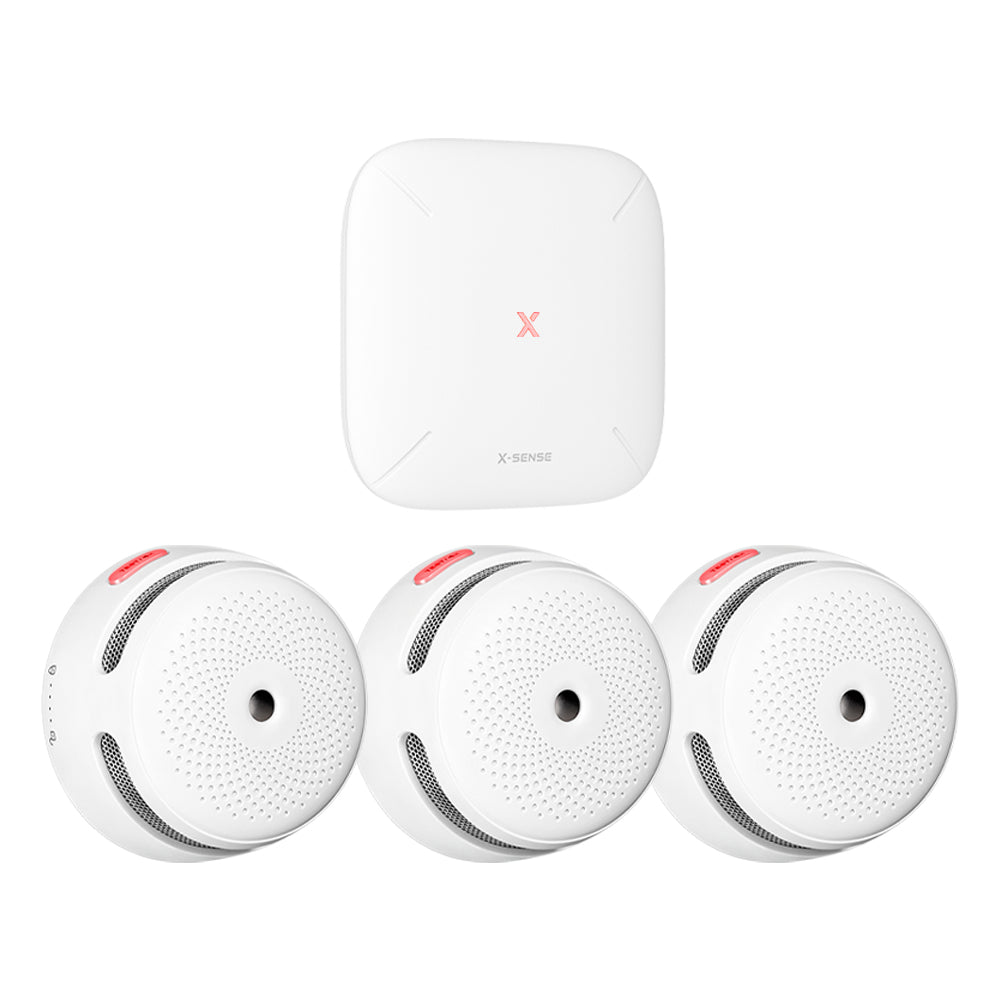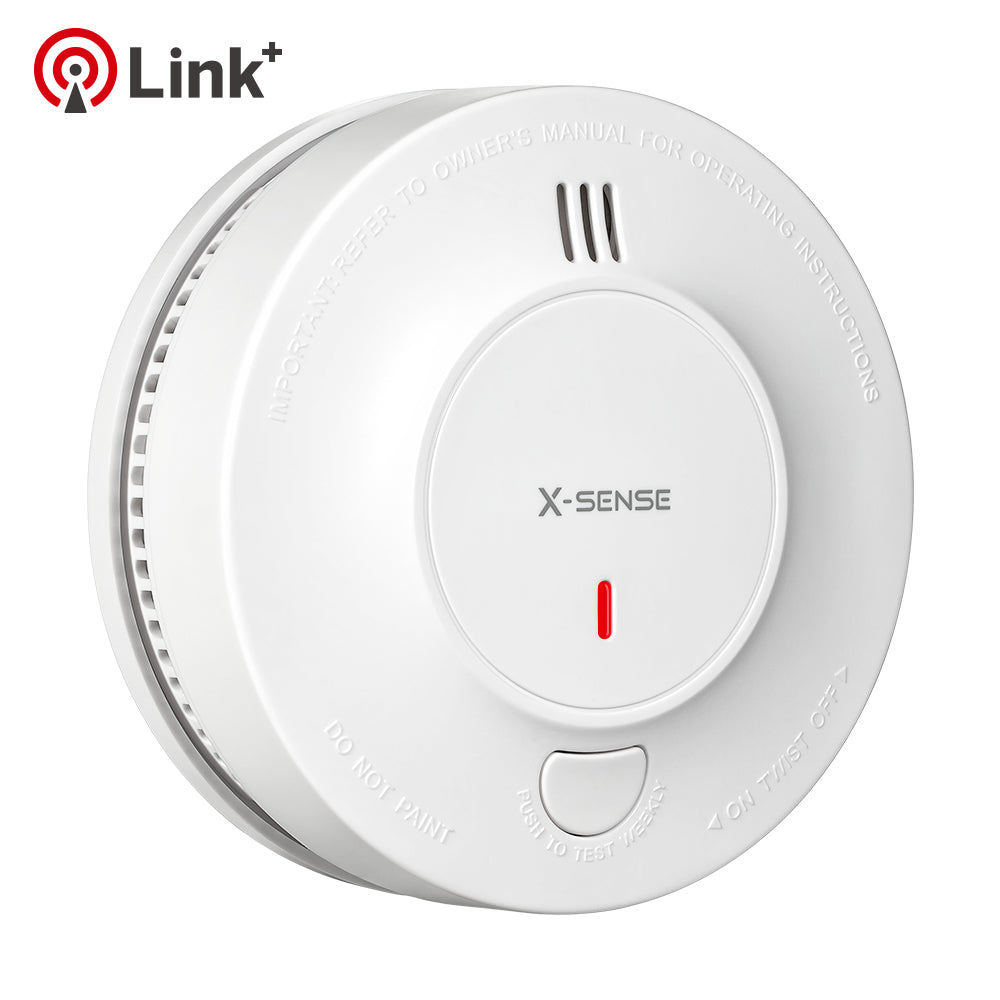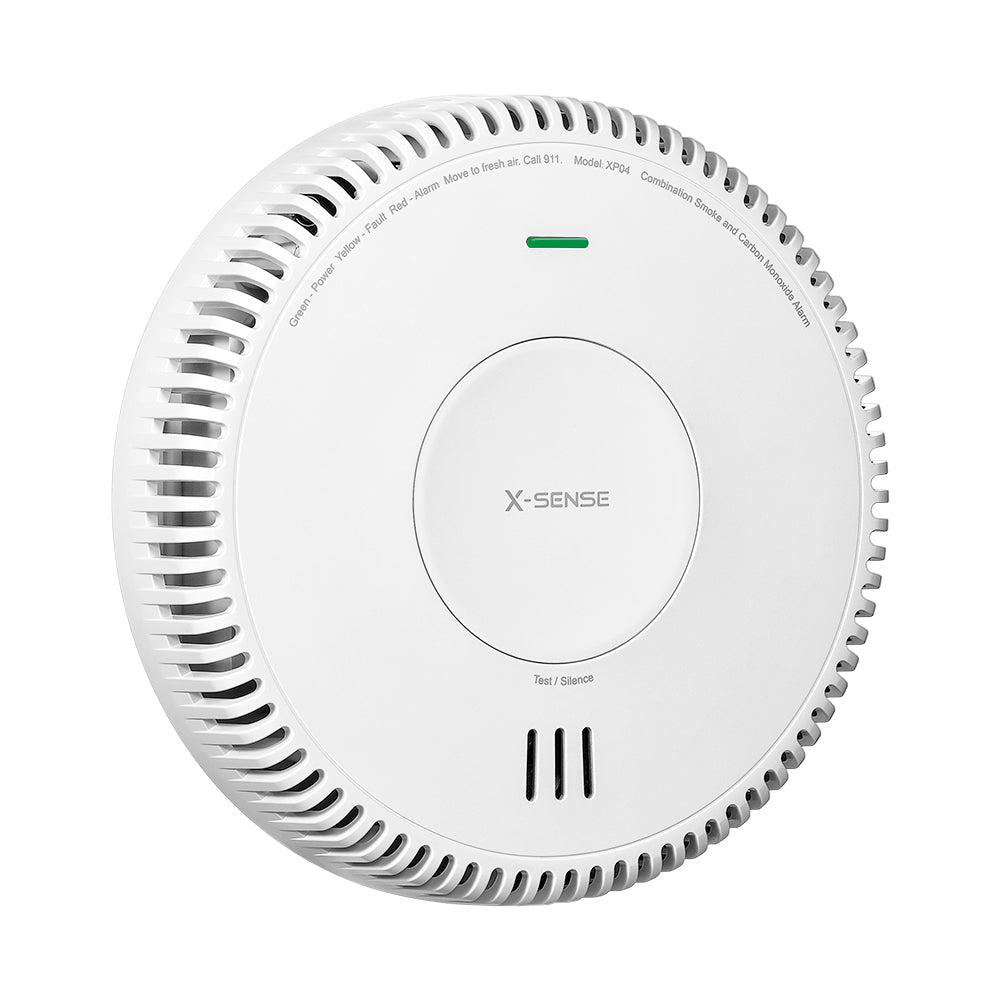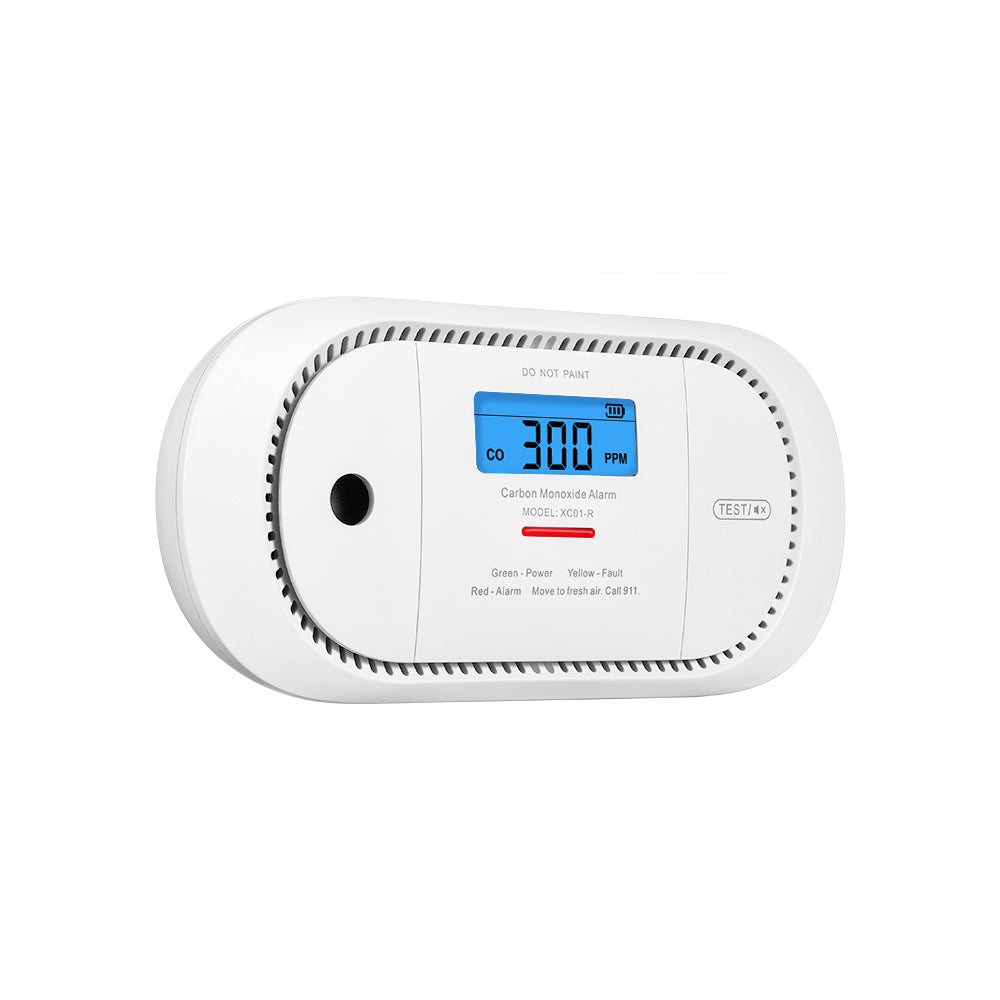All You Need to Know about Plug-In Smoke Detectors
Thu, Jun 18, 2020
Plug-In Smoke Detectors are portable detectors that are way different from hardwired smoke alarms. They are readily available, portable, easy to install and are fitted with photoelectric sensors with the capability of detecting both slow and fast flaming fires. Hard-wired detectors are way better in terms of efficiency and effectiveness compared to plug-in detectors.
They may be costly but paying for value is better than compromising on the safety of your home. This is attributed to the fact that they can be connected to the central security system of the house which assures homeowners safety in their absence, unlike the plug-in type which will require presence and monitoring from time to time.
Are There Plug-in Smoke Detectors?
Plug-in detectors are way different from hardwired smoke detectors. They differ in terms of where they get power from, how they operate and how long they last. Smoke alarms that are powered by batteries only get their power from one source (batteries). As the power fades away the alarm weakens and the time they will last when an alarm is triggered will depend on the remaining battery life.
In the case of hard-wired smoke detectors, the alarm will not go off until it is turned off because they are connected to a power source. Most of them are fitted with backup batteries in case there is a power outage.
X-Sense Smoke Detectors
X-Sense Smoke Detectors are very efficient smoke detectors in keeping your house safe from fire. They are fitted with a test button, an escape light, and a 10-year lithium battery. They are also approved with both BSI and ETL. They are fitted with photoelectric sensors and they can detect both fast and slow flaming fires. They analyze three times before triggering an alarm hence their efficiency.
The X-Sense plug-in is fitted with three different colour led lights which have different indications. Red LED for dangerous smoke levels, yellow LED for low battery or malfunction and Green LED to indicate normal functioning. The X-Sense design for the air channel is crafted to allow smooth flow of air which allows it to reach the sensors instantly from a precise angle.
The sensors will then analyze the air particles from three different samples to determine its origin (dangerous smoke or flames from normal cooking). These lowers the chances of triggering false alarm hence their effectiveness.
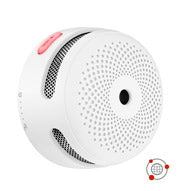
X-Sense XS01-WR Wireless Smoke Detector
- Wireless technology uses radio frequency to transmit and receive messages.
- If one alarm goes off, the rest of the interconnected alarms will alert as well.
- 5-year replaceable battery and 10-year sensor life.
- Advanced photoelectric sensor is more sensitive and reduces false alarms.
$29.99
The Benefits of Plug-in Smoke Detectors
Below we shall discuss the features, benefits, limitations and advice on which smoke alarm one can install in their home to serve them effectively and efficiently.
Features of Plug-in Smoke Detectors
- They are fitted with photoelectric sensors.
- They do not have any radioactive material.
- They have sound alarms LED lights for different warning indication.
- They have a test button on their interface and are powered with 9v batteries
It is advisable to install hard-wired detectors compared to installing cheap battery alarms for reasons like efficiency and others widely discussed below.
Battery-powered Carbon Monoxide Detectors/Portable
They are also referred to as plug-in detectors some of their benefits are outlined below.
To begin with, they are readily available locally. Secondly, they are relatively affordable. They are easy to install and finally, they are very effective in CO detection.
Despite the above mentioned benefits and advantages, they have limitations which make them less effective compared to hard-wired detectors. First, they register CO in cumulative amounts. Second, their portability could lead to them being moved to less desirable locations. Change of batteries may be overlooked or forgotten. If they are not monitored they may not serve their intended purpose effectively.
All these limitations are covered by hard-wired smoke detectors. For instance, they can be connected to the central security system hence alerting homeowners regardless of their presence or absence from home. They also have a 10 years lithium battery life which reduces the worries of having to change batteries from time to time.
Conclusively plug-in smoke detectors put your home at a higher risk if you get enticed by some of the short terms benefits you will get by purchasing and easily installing them. On the other hand, hard-wired detectors may cost relatively higher and require skilled personnel for installation; but they will serve the purpose of protecting your home from fire effectively.




